The US President has signed an order calling for the USAGM to be “eliminated to the maximum extent consistent with applicable law”
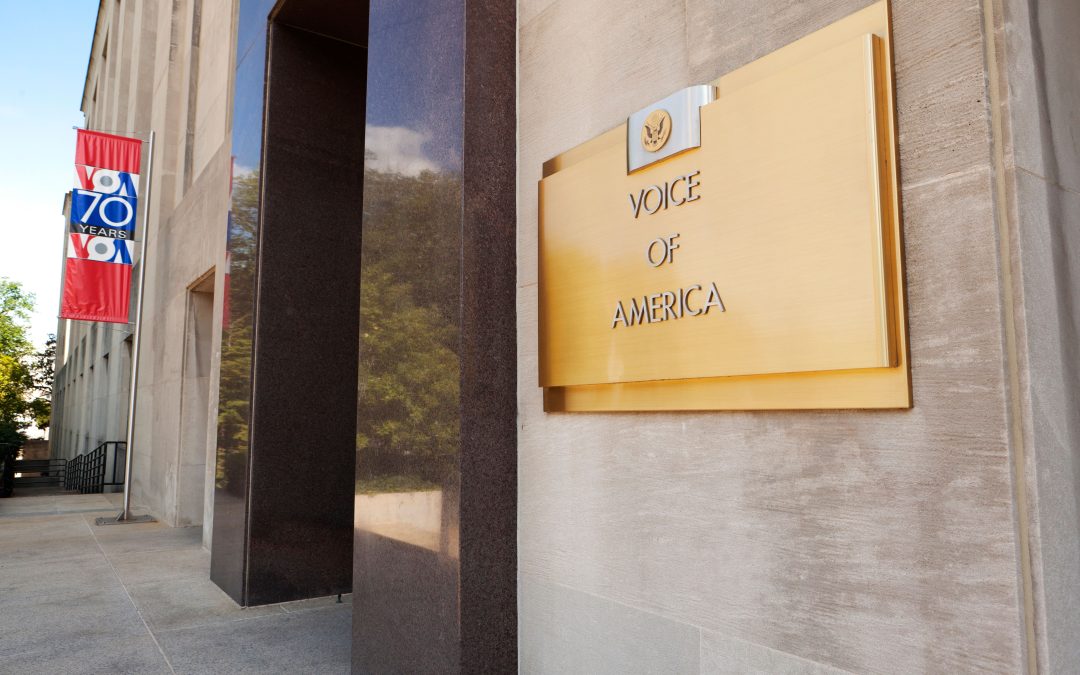

The US President has signed an order calling for the USAGM to be “eliminated to the maximum extent consistent with applicable law”
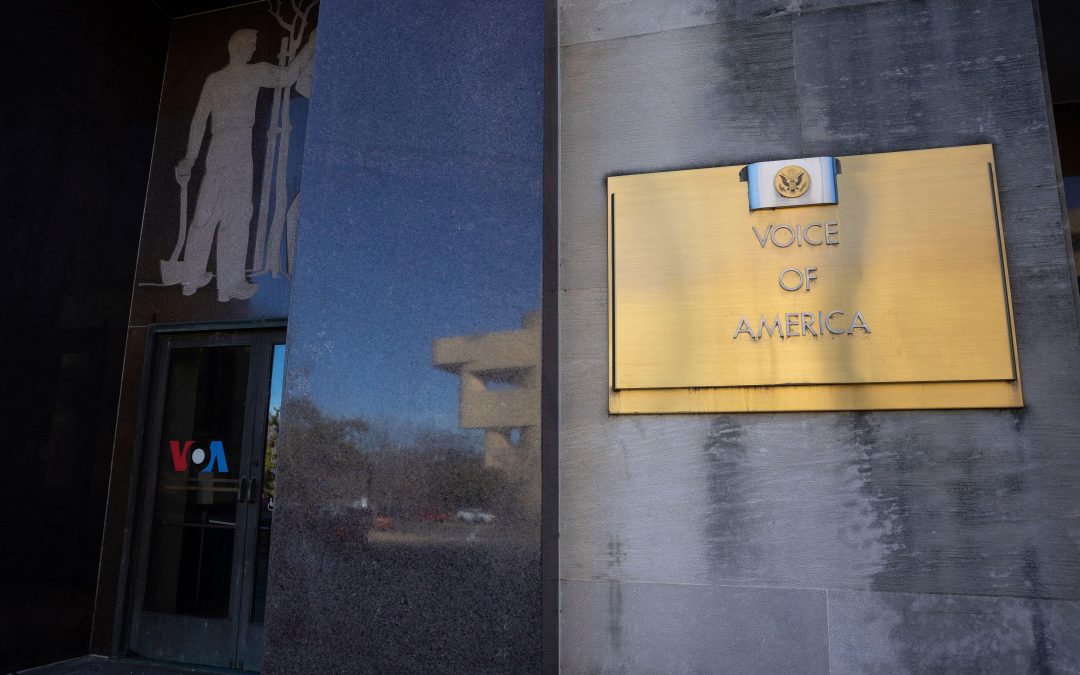
The Trump administration is moving to shutter these essential media outlets. This will aid autocrats and further silence voices of dissent
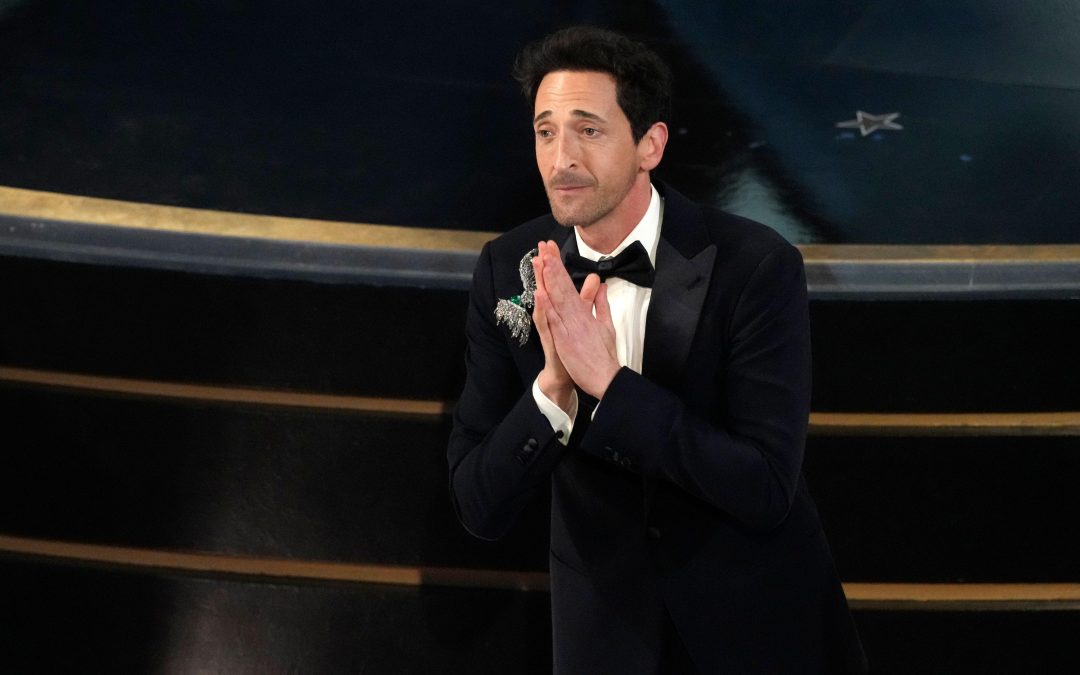
Roger Stahl speaks to Index about the Department of Defense’s continuing influence on Hollywood movies
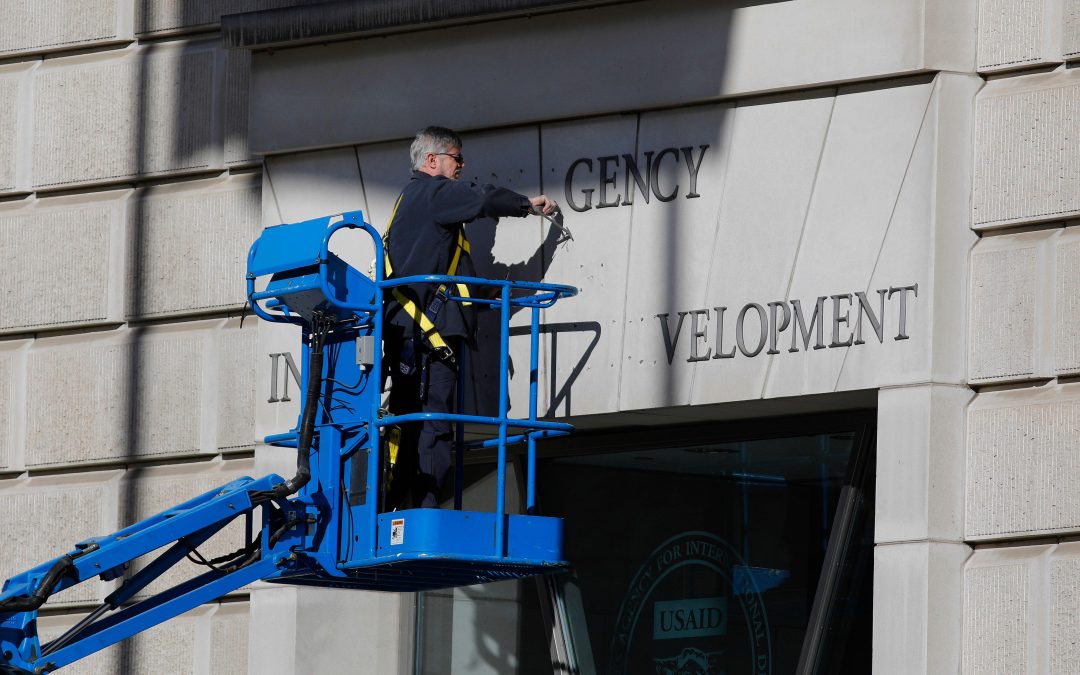
With the UK modelling the USA’s approach to aid cuts, independent journalism and political prisoners could be in a perilous position

Donald Trump’s assertions about the Ukrainian president convey an alarming normalisation of false realities and an affront to accuracy

Once lauded as bastions of American patriotism, media outlets such as Radio Free Europe and Voice of America are now being labelled enemies of the state
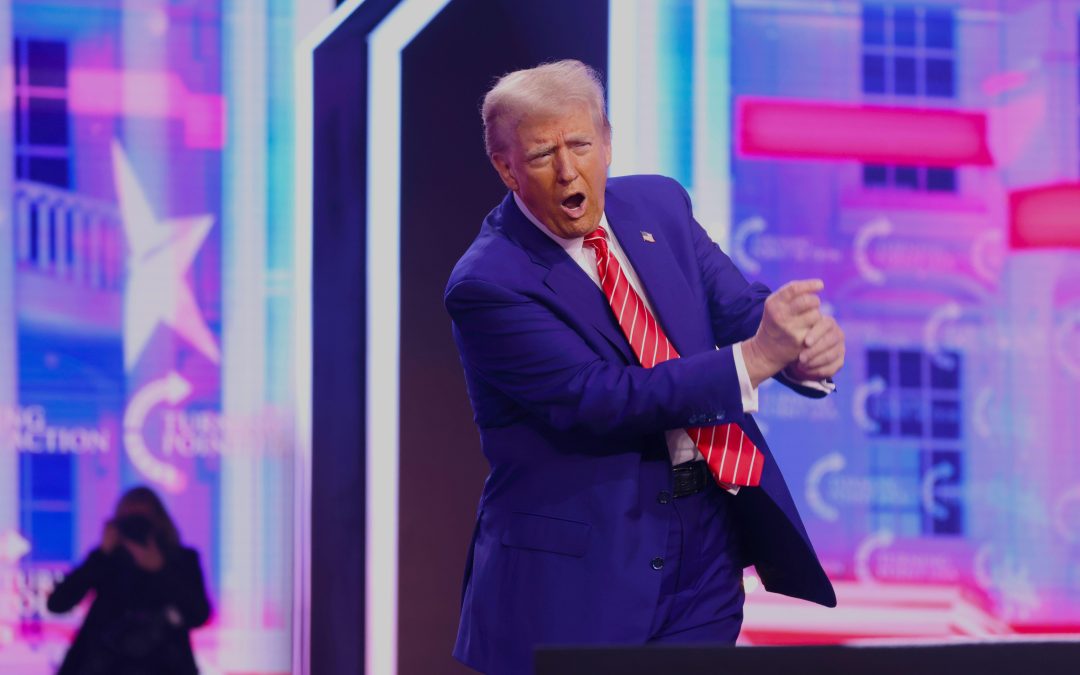
We speak with the USA-based non-profit Foundation for Individual Rights and Expression (FIRE) about the new president’s complicated approach to free expression
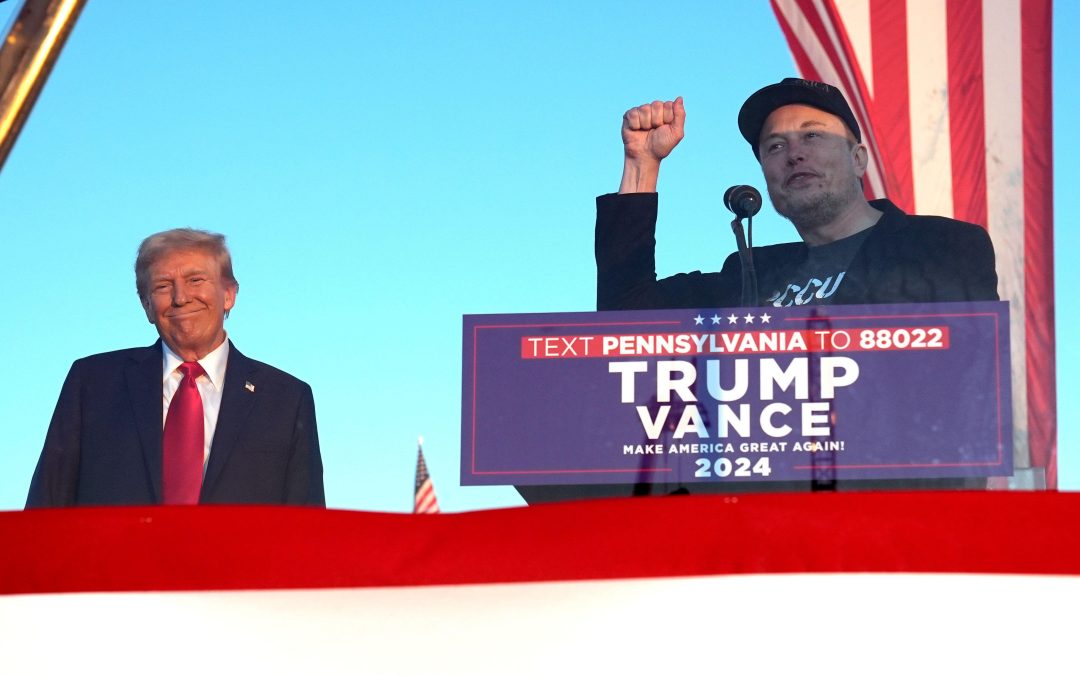
With Trump now in office, state and local governments in the USA must push tech companies to protect women’s private data
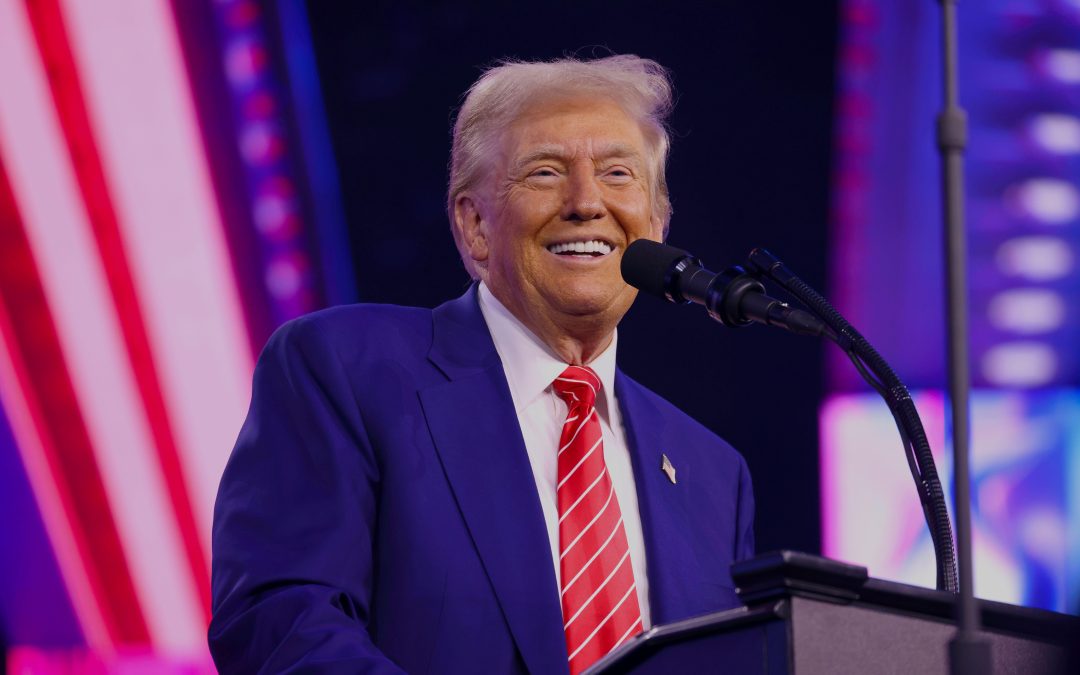
The new president has signed more than 100 directives that will alter the course of US policy. We look at how they will influence free expression in the “land of liberty”

Are Mark Zuckerberg’s recently announced plans to ditch existing fact-checking policies motivated by winning political gain?
Smears about the media made by US President Donald Trump have obscured a wider problem with press freedom in the United States: namely widespread and low-level animosity that feeds into the everyday working lives of the nation’s journalists, bloggers and media professionals. This study examines documented reports from across the country in the six months leading up to the presidential inauguration and the months after. It clearly shows that threats to US press freedom go well beyond the Oval Office.
“Animosity toward the press comes in many forms. Journalists are targeted in several ways: from social media trolling to harassment by law enforcement to over-the-top public criticism by those in the highest office. The negative atmosphere for journalists is damaging for the public and their right to information,” said Jodie Ginsberg, CEO at Index on Censorship, which documented the cases using an approach undertaken by the organization to monitor press freedom in Europe over the past three years. Learn more.